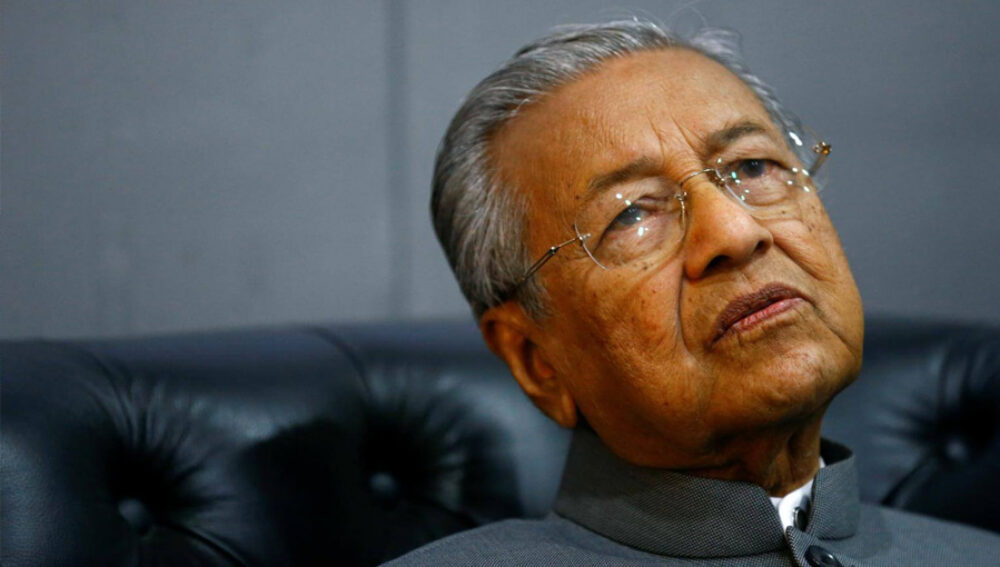Well, that was short lived. With the rounds of applause that accompanied its historic decision to accede to the Rome Statute still reverberating, on 5 April Malaysia announced it will withdraw from the International Criminal Court (ICC). In the space of just a month, the Malaysian government has performed a complete U-turn, undoing years of work on the part of local and international activists, and dashing hopes for a new era of human rights accountability in Southeast Asia.
Some commentators have suggested that Malaysia’s withdrawal is symptomatic of a broader decline in support for the ICC and placed its decision alongside those of Burundi and the Philippines as evidence of an increasing sense of malaise surrounding the court. Yet the real reasons for Malaysia’s about-turn are far closer to home. This turn of events has little to do with the ICC itself, and much to do with Malaysia’s internal politics.
On Friday a “visibly upset” Malaysian Prime Minister Mahathir Mohamad told a press conference, “[t]his is not because we are against it but because of the political confusion about what it entails, caused by people with vested interests”. Those people, it is clear, include the Sultan of Johor and his son, the Crown Prince, who is alleged to have been present at the meeting on Friday at which the decision to withdraw was made. Both were unhappy at Mahathir’s attempt to ratify the Rome Statute and both are widely reported to be engaged in a broader, long running dispute with the Prime Minister.
Please click here to read the full “Domestic politics drive Malaysia’s abrupt global court U-turn” article at The Interpreter, written by Griffith Asia Institute member, Professor Renee Jeffery.








